Heavy: An American Memoir Paperback – March 5, 2019 by Kiese Laymon
PAPERBACK
[256 pages]
PUB: March 05, 2019
Description
Author: Laymon Kiese
Brand: Scribner
Edition: Reprint
Package Dimensions: 21x210x215
Number Of Pages: 256
Release Date: 05-03-2019
Details: Product Description *Named a Best Book of 2018 by the New York Times, Publishers Weekly, NPR, Broadly, Buzzfeed (Nonfiction), The Undefeated, Library Journal (Biography/Memoirs), The Washington Post (Nonfiction), Southern Living (Southern), Entertainment Weekly, and The New York Times Critics* In this powerful, provocative, and universally lauded memoir—winner of the Andrew Carnegie Medal and finalist for the Kirkus Prize—genre-bending essayist and novelist Kiese Laymon “provocatively meditates on his trauma growing up as a black man, and in turn crafts an essential polemic against American moral rot” (Entertainment Weekly).In Heavy, Laymon writes eloquently and honestly about growing up a hard-headed black son to a complicated and brilliant black mother in Jackson, Mississippi. From his early experiences of sexual violence, to his suspension from college, to time in New York as a college professor, Laymon charts his complex relationship with his mother, grandmother, anorexia, obesity, sex, writing, and ultimately gambling. Heavy is a “gorgeous, gutting…generous” (The New York Times) memoir that combines personal stories with piercing intellect to reflect both on the strife of American society and on Laymon’s experiences with abuse. By attempting to name secrets and lies he and his mother spent a lifetime avoiding, he asks us to confront the terrifying possibility that few in this nation actually know how to responsibly love, and even fewer want to live under the weight of actually becoming free. “A book for people who appreciated Roxane Gay’s memoir Hunger” (Milwaukee Journal Sentinel), Heavy is defiant yet vulnerable, an insightful, often comical exploration of weight, identity, art, friendship, and family through years of haunting implosions and long reverberations. “You won’t be able to put [this memoir] down…It is packed with reminders of how black dreams get skewed and deferred, yet are also pregnant with the possibility that a kind of redemption may lie in intimate grappling with black realities” (The Atlantic). Review “The most exciting kinds of memoirs are the ones that throw you into the story of a life even while encouraging you to step back and consider the art of its framing. Heavy is one of the best of the bunch. Kiese Laymon’s writing about size and race, addiction and ambition in America is nothing less than thrilling — every sentence sings.” —Maris Kreizman, Vulture, 6 New Paperbacks You Should Read Right Now “Laymon won the Andrew Carnegie Medal for this harrowing but tender memoir, in which he untangles his complex relationships with his mother and his Southern family roots.” —David Canfield,Entertainment Weekly, The 25 Best New Paperbacks to Check Out This Spring“Heavy is a gorgeous, gutting book that’s fueled by candor yet freighted with ambivalence. It’s full of devotion and betrayal, euphoria and anguish, tender embraces and rough abuse…the liberation on offer doesn’t feel light and unburdened; it feels heavy like the title, and heavy like the truth…Salvation would feel too weightless—as if [Laymon] could forget who he is and where he has been. This generous, searching book explores all the forces that can stop even the most buoyant hopes from ever leaving the ground.” —New York Times “With echoes of Roxane Gay and John Edgar Wideman, Laymon defiantly exposes the ‘aches and changes’ of growing up black in this raw, cathartic memoir reckoning with his turbulent Mississippi childhood, adolescent obesity, and the white gaze.” —O Magazine “[Heavy] take[s] on the important work of exposing the damage done to America, especially its black population, by the failure to confront the myths, half-truths, and lies at the foundation of the success stories that the nation worships. In the process, Laymon … dramatize[s] a very different route to victory: the quest to forge a self by speaking hard truths, resisting exploitation, and absorbing with grace the cost of being black in America while str
Be the first to review “Heavy: An American Memoir Paperback – March 5, 2019 by Kiese Laymon”
You must be <a href="https://webdelico.com/my-account/">logged in</a> to post a review.


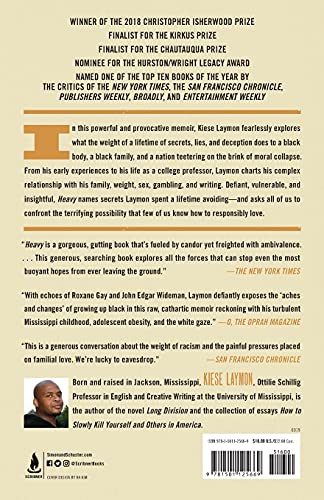

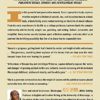
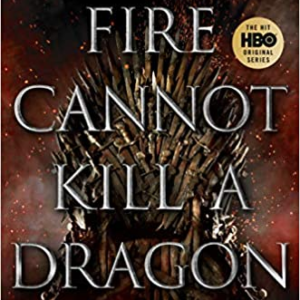

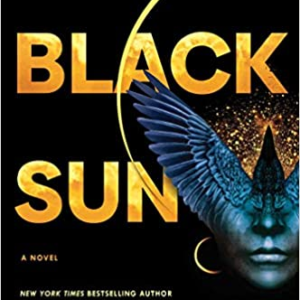


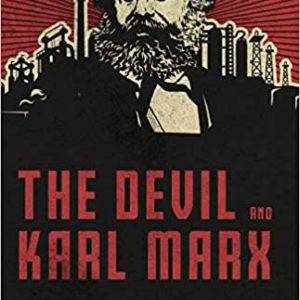
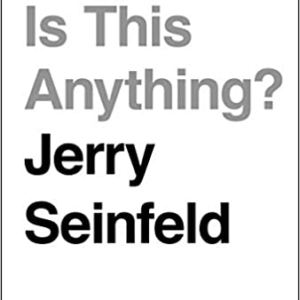

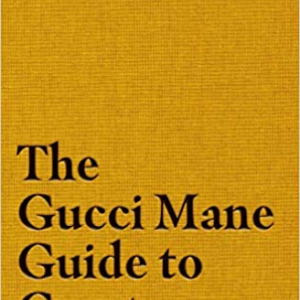

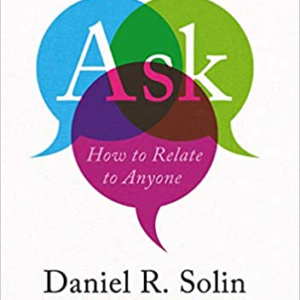
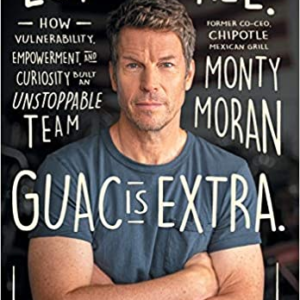

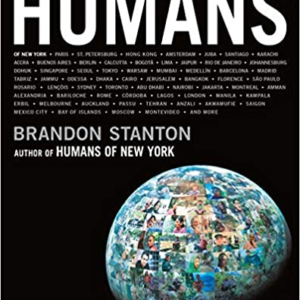






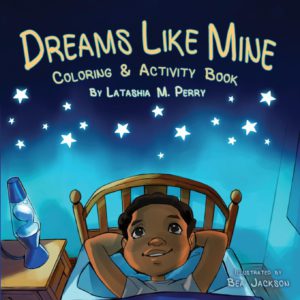




There are no reviews yet.